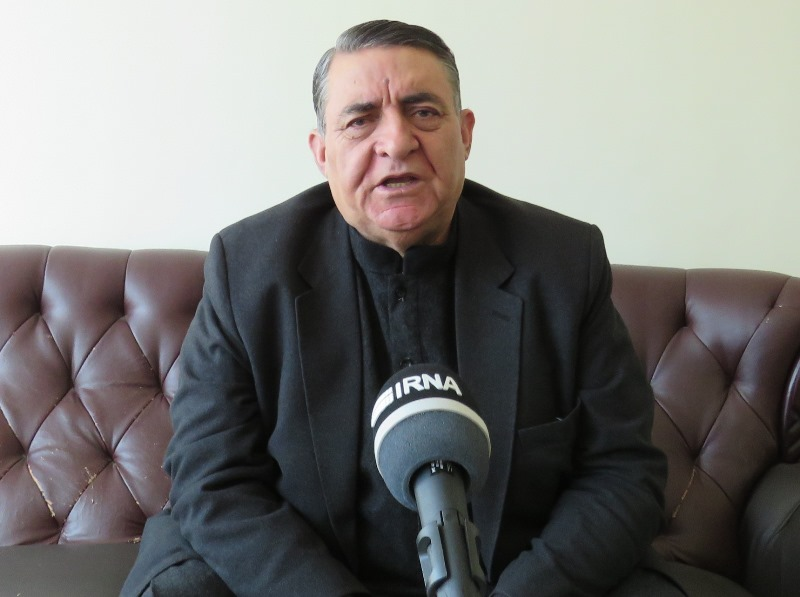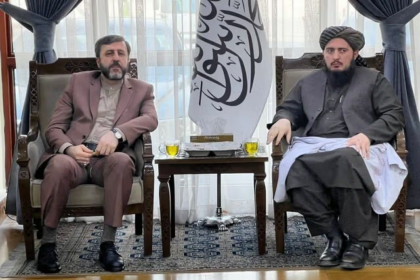RASC News Agency: A recent declaration by Russian Defense Minister Andrey Belousov has brought renewed international attention to the deteriorating security landscape in Taliban-controlled Afghanistan. During a high-level security summit, Belousov revealed that more than 20 radical Islamist factions comprising over 15,000 armed militants are currently operating across Afghanistan, many of them enjoying tacit or overt collaboration with the Taliban regime. Although Taliban officials have predictably denied these claims, Belousov responded by releasing a comprehensive list of these extremist entities, which was made available to journalists and foreign observers.
Veteran Afghanistani political analyst Ahmad Saeedi reacted sharply to the disclosure, calling it a sobering validation of what regional experts have long suspected: that Afghanistan under Taliban rule has become a breeding ground and safe haven for international jihadist networks, threatening not only its neighbors but global security at large. “The presence of these groups is not a peripheral issue,” Saeedi warned. “It is central to understanding why Afghanistan remains a volatile epicenter of transnational terrorism. Their growing entrenchment, under Taliban patronage or protection, continues to undermine any serious prospects for regional peace.”
The list presented by the Russian defense ministry includes some of the most feared and notorious extremist organizations active today: the Haqqani Network, Tehrik-e-Taliban Pakistan (TTP), Al-Qaeda in the Indian Subcontinent, Islamic Jihad Union, Jamaat Imam Bukhari, Lashkar-e-Taiba, Jaish-e-Mohammed, and the Turkistan Islamic Party, a militant Uyghur separatist group operating near the Afghanistan-Chinese frontier. According to Saeedi, many of these factions enjoy deep logistical and ideological ties with the Taliban, particularly with its more hardline elements, such as the Haqqani Network. “To argue that the Taliban is unaware or uninvolved is intellectually dishonest,” he said. “The Haqqanis operate from the heart of Kabul, embedded within the Taliban’s own power structure. Their connections to Al-Qaeda and other global terrorist networks are well-documented.”
Further complicating matters, Saeedi emphasized the cross-border nature of these groups, many of which recruit militants from Central Asia, Pakistan, and China’s Xinjiang region. “This is not an isolated Afghanistan’s problem. It is a regional crisis, metastasizing under the Taliban’s passive complicity. The diversity of these groups ethnically, linguistically, and ideologicallycmakes the threat even more difficult to contain.” While the Taliban routinely issue statements denying any association with foreign terrorist organizations, Saeedi argued that such claims lack credibility. “These denials are diplomatic theater,” he asserted. “They are designed to manipulate international opinion while avoiding accountability. The reality is that the Taliban lacks both the capacity and the political will to dismantle the extremist infrastructure that flourishes under its rule.”
Even in the absence of formal coordination, he noted, the Taliban’s inaction in suppressing these groups is itself an act of strategic tolerance. “Allowing terrorist organizations to operate freely within their territory while claiming ignorance amounts to enabling violence. The Taliban cannot claim innocence while standing knee-deep in the wreckage of regional security.” Saeedi concluded by calling for a unified regional and international strategy to confront the growing threat. “Stability in Afghanistan will remain an illusion as long as these groups are allowed to operate with impunity. It is imperative that regional stakeholders and the global community stop legitimizing the Taliban’s false posturing and instead hold them accountable for facilitating extremism. Without such coordinated action, the dream of peace in Central and South Asia will remain perilously out of reach.”
Despite the gravity of these warnings, the Taliban regime has yet to issue a formal response to either the Russian defense minister’s findings or Saeedi’s analysis a silence that speaks louder than denial.






